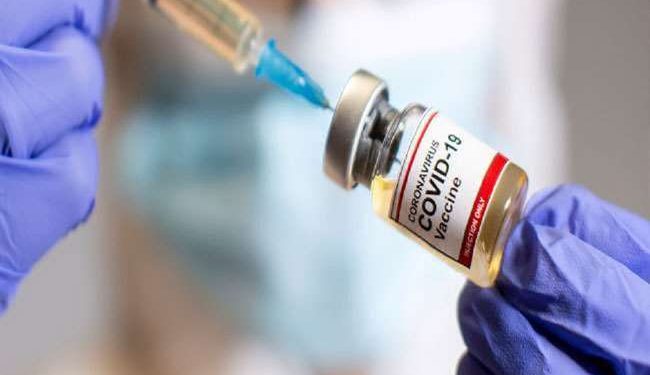Dr. Guru Prasad Mohanta
“People spreading rumours and gossip against COVID-19 vaccination would face legal action,” warned a City Corporation. The case can be registered under Public Health Act. A clear message has been sent for spreaders of infodemic and scare mongers. We are in the midst of second wave of COVID-19, adversely affecting everyone’s life. Everyone is looking for a miracle to happen to end the pandemic. True, miracles happened but in Israel and America. Both the countries relaxed their COVID guard and the citizens can now move around without mask. They could convince their citizens to take the vaccines and it worked and developed herd immunity.
A survey conducted just before the launch of India’s vaccination programme showed that about 59% of Indians were sceptical about COVID-19 vaccines. They expressed that they won’t rush to take vaccines. Scepticism is common perhaps due to the speed at which the vaccines were developed and received emergency approval. People started perceiving the clinical study conducted in the development of vaccine as superficial one. This misunderstanding is further fuelled by some anti-vaccination and other generic disinformation. The minimum study required for assessing safety and efficacy is done and the vaccines were approved for emergency use just because sufficient period of follow up was not done owing to the urgent need in pandemic. The choice is simple: we need vaccine or corona? In addition to the doubt on safety and efficacy of vaccines; widespread rumours, false information and misinformed campaigns further confused people.
Let’s look at some of the misinformation spreading around us leading to vaccine hesitancy among the public. Some mongers spread that the vaccines contain aluminium which is harmful. It can cause brain damage. The truth is: none of the COVID-19 vaccines approved has aluminium as component. In some other vaccines, often very small quantity of aluminium is used to build stronger immunity. Some people believe that the COVID vaccine contains cow blood, meat, or fat; aborted foetus, pigs, and chimpanzee feces; and could cause infertility and so on. The list is endless. None of the information is true. Even professionals too have their own reservation. In one leading hospital, when the vaccination was intended for only frontline health workers, the doctors and other hospital staff kept away from the vaccination booth.
In another incident, one medical officer instructed the nurse to hold a cotton ball to his arm to make it look like he took the injection. In another city, many of the hospital staff went on sudden leave just to skip vaccine doses. All the incidents were reported in the media. The irresponsible behaviour of these professionals cannot be justified but it definitely influenced the attitude of general public towards corona vaccines.
The misinformation around COVID-19 vaccine is massive. In order to counter this COVID-19 vaccine misinformation, Google has launched a $3 million fund to support journalistic efforts to effectively fact check misinformation about COVID-19 immunisation process. Fake news spreaders use the strategy to develop negative empathy towards pro-vaccine opponents with sinister or mercenary motives. The same empathy can be used to counter misinformation and help communicate corrective information to the public. Opinions of the harmed persons due to misinformation can be used to help spread responsible
information.
The control of COVID-19 is now our first priority to save lives and resources. The most effective and proven weapon: universal immunisation till we achieve herd immunity is available with us. In spite of having two indigenously available vaccines and launching countrywide immunisation, the immunisation coverage is not encouraging. Though many reasons can be cited for this, misinformation spreading against vaccines and vaccination through social and other unregulated media is a major contributor for vaccine hesitancy among the general population. In an attempt to safe guard public health and promote vaccination, the Prime Minister in his 76th edition of “Mann Ki Baat” called upon the countrymen to get information from the right sources.
The writer is a former Professor and Head, Department of Pharmacy, Annamalai University. He can be reached at
gpmohanta@hotmail.com / gpmohanta@gmail.com






































